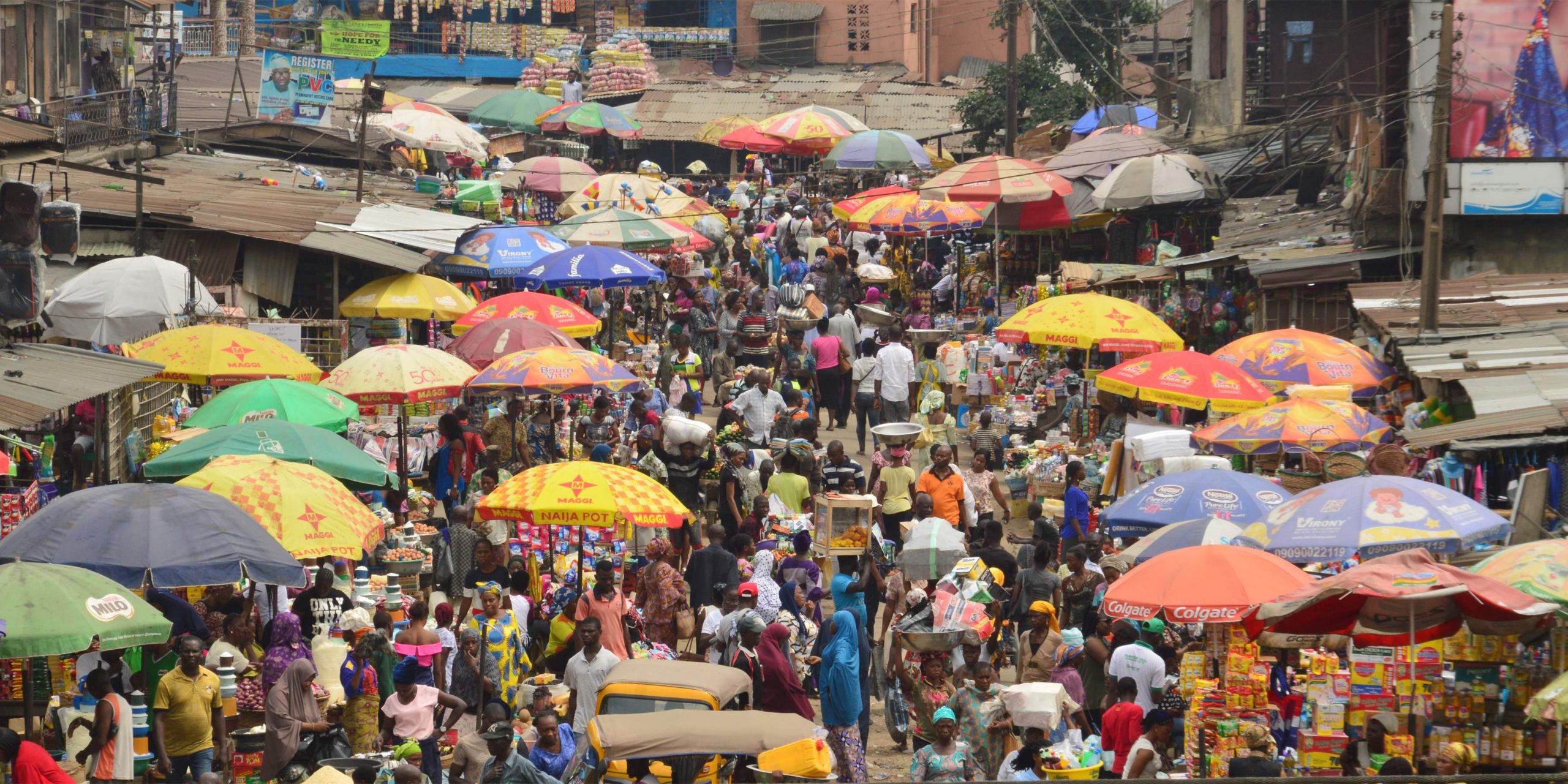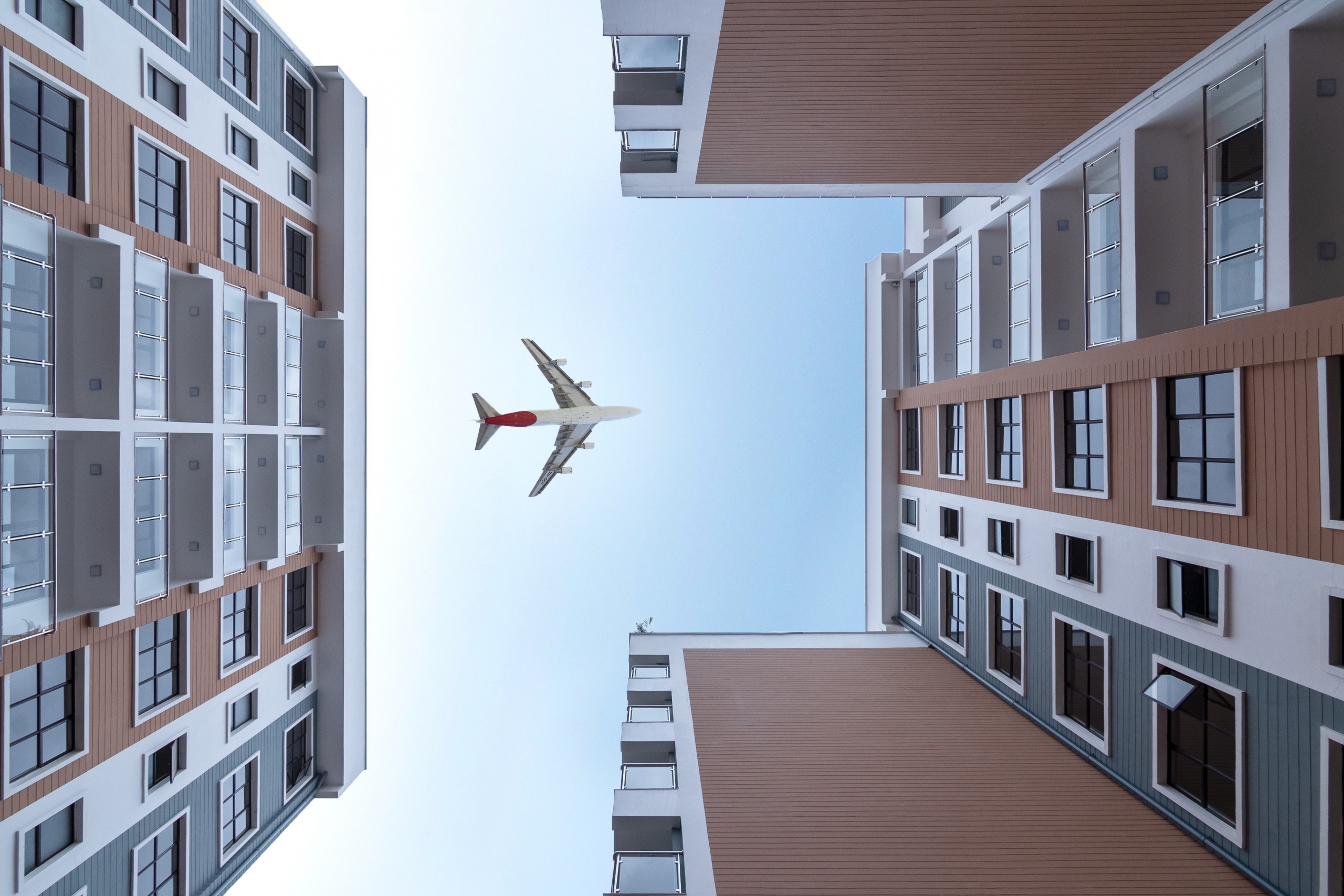We are excited to announce that Brink is now part of Africa Practice. Learn more
The lifeblood of cities is mobility: A note of caution for Lagos

Beyond their people, economy and nightlife, cities rely on transportation networks as their lifeblood – it is the road, rail and water links that make urban life happen on a daily basis. These are the routes that bring families together and make commerce possible, and preferably easier.
Enter mobility solutions
Living in a megacity like Lagos can be daunting. The city is congested, noisy and prone to unpredictability. Mobility is a key concern, and safe and affordable ways to get from point A to B are ever in demand.
Lagos’ transportation networks are yet to match the strain of an increasingly conscious, more demanding and growing population. In the last decade, there has been an enormous mobility deficiency, causing Lagos an estimated USD 1 billion annually in lost productivity, and leading to a proliferation of stress-related health challenges.
Approximately 95% of transportation in Lagos State is done by road. In 2014, Uber entered Lagos, revealing a glimpse of the possibilities improved mobility can offer in the city. Motorcycle ride-hailing companies soon joined – harnessing the intuitive on-demand micro-mobility services uniquely suited to sprawling metropolises like Lagos – ready to reap the rewards that come to those who fill mobility gaps.
Government drags its feet
Successive Nigerian governments have reacted sluggishly, even harshly, to such mobility innovation. In early 2020, the Lagos State government implemented a near-complete ban on the ubiquitous motorcycles (okadas) and tricycles (keke napeps) – ostensibly in a bid to better secure the state’s residents. The formal rationale behind such a move is indisputable, but the government’s plan for an alternative has not been as apparent.
In an ostensible bid to balance this, the Lagos State government announced that it would deliver 5,000 first- and last-mile public buses and provide additional ferries. In May 2021, it did launch 500 such buses and just 8 speedboats, but the state is still in a scramble to deliver sufficient road infrastructure to make these buses truly viable. Of what real impact are a few extra buses or ferries, without real first- or last-mile mobility solutions which enable their use? And what is the benefit of adding 500, or even 5,000 buses, to the state’s already severely congested road networks?
With the state government’s ban, mobility providers like Gokada and OPay have since pivoted into the logistics and delivery space; they have innovated around an unnecessary disruption. The government’s role now is to ensure the highest minimum safety standards, or at least give room to those private actors best placed to design and enforce them. The (costly) alternative is to accelerate investment and private sector engagement in rail and water infrastructure.
The way forward
To be sustainable, Lagos’ mobility solutions must become smarter and much more integrated into the fabric of the city’s incessant boundary expansion. This means that multiple, connected alternative means of transportation – light rail, overground and underground services – should be prioritised and explored.
Prior to COVID-19, the global trend was clear: traditional travel patterns had shifted. Shared mobility enabled on-demand commuting in cities with sparser public transportation networks, and in others, infrastructure rollout accelerated the design and use of smarter automobiles.
Lagos’ mobility future hangs in a precarious balance, not least because everyday Nigerians are increasingly frustrated and economically disenfranchised. As our population doubles over the next few decades, futureproofing the city’s infrastructure requires investment in alternative, resident- and business-friendly transportation networks.
About the author
Amaka Yvonne Onyemenam is a Consultant at Africa Practice focusing on the digital economy and technology policy in West Africa.
Proud to be BCorp. We are part of the global movement for an inclusive, equitable, and regenerative economic system. Learn more


